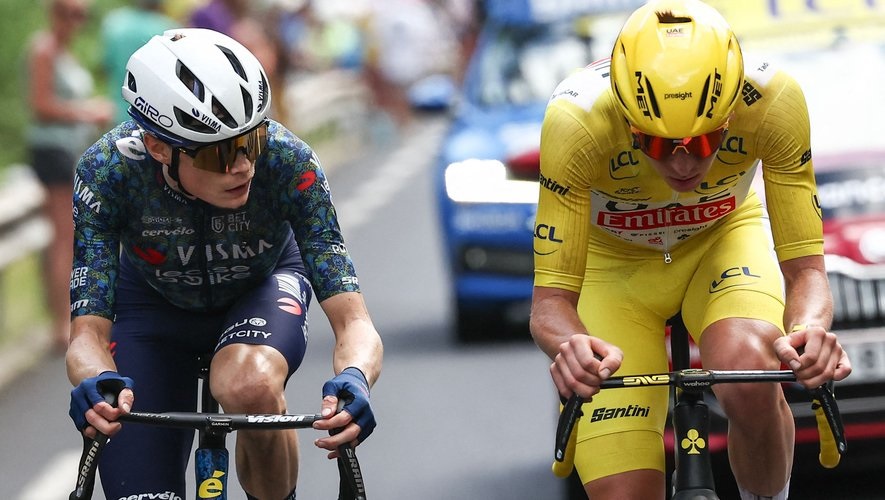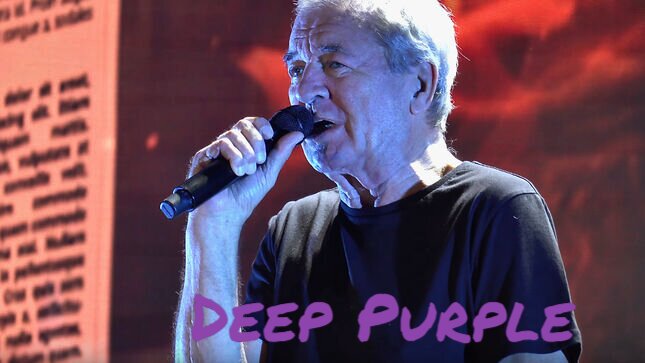“I Never Knew It Could Be Misused” – Jonas Vingegaard Addresses Controversial Use of Carbon Monoxide in Cycling
Jonas Vingegaard, the reigning Tour de France champion, has broken his silence on the recent controversy surrounding the use of carbon monoxide (CO) in professional cycling. The debate gained traction after rival Tadej Pogačar expressed concerns about the potential misuse of the substance, raising ethical questions about its role in high-performance sports.

In a statement during an event with his team, Jumbo-Visma, Vingegaard admitted his surprise at the controversy and weighed in on the broader implications for the sport.
The Controversy Over Carbon Monoxide in Cycling
Carbon monoxide has recently come under scrutiny due to its reported ability to enhance oxygen delivery in the bloodstream when administered in controlled amounts. While not explicitly banned by anti-doping agencies, its usage raises ethical concerns and potential health risks.
Pogačar, who has been vocal about maintaining fairness in the sport, commented earlier this month that cycling should avoid gray areas where substances like CO are involved. “We compete with our legs and hearts, not with shortcuts,” he stated, calling for greater transparency and regulation.

Vingegaard, when asked about the issue, expressed his unease but noted his lack of prior knowledge about such practices.
Vingegaard: “I Never Knew It Could Be Misused”
Speaking to the press, Vingegaard addressed the controversy directly:
“I was surprised to hear about it. I never knew something like carbon monoxide could be used or even misused in this way,” he said. “I’ve always focused on clean, hard training and competing fairly. If there’s any misuse, it’s something that needs to be addressed for the integrity of our sport.”
Vingegaard’s comments underline the growing concern among elite cyclists about substances and methods that may not breach existing regulations but challenge the spirit of fair competition.
A Call for Clarity and Regulation
Both Pogačar and Vingegaard, despite their fierce rivalry, seem to align on the need for stricter oversight in professional cycling. The emergence of carbon monoxide as a potential performance enhancer has created confusion about what is permissible and what crosses the line.

Anti-doping organizations, including the UCI and WADA, have not yet formally classified carbon monoxide use as illegal. However, its physiological effects and the ethical gray area surrounding it may prompt a reevaluation of existing rules.
Cycling teams, too, are urging clarity. “We need clear guidance from the authorities,” a Jumbo-Visma spokesperson said. “It’s essential for riders and teams to know where the boundaries lie.”
The Importance of Fair Play in Cycling’s Golden Era
The controversy comes at a time when cycling is enjoying a resurgence of global interest, thanks in part to the high-profile rivalry between Pogačar and Vingegaard. With thrilling Tour de France battles and a new generation of talent emerging, the sport is entering what many have called a “golden era.”
However, ethical challenges like the carbon monoxide debate threaten to tarnish this period of growth. Riders like Vingegaard and Pogačar, who advocate clean competition, are increasingly being seen as leaders in maintaining cycling’s credibility.
Health and Safety Concerns
Beyond ethical considerations, the potential misuse of carbon monoxide also raises health concerns. Experts warn that exposure to CO, even in controlled amounts, can pose significant risks, including cardiovascular issues and long-term damage.
Dr. Jean-Pierre Vasseur, a sports medicine specialist, stated, “Cyclists already push their bodies to extreme limits. Introducing substances like carbon monoxide, which have inherent risks, could have dangerous consequences. Athletes and governing bodies must prioritize safety above all else.”
What’s Next for Cycling?
The cycling community is awaiting further action from regulatory bodies. The UCI has acknowledged the growing concerns but has yet to make an official ruling. Meanwhile, riders and teams are calling for greater awareness and accountability.
For Jonas Vingegaard, the controversy has reinforced his belief in the importance of transparency and integrity. “Cycling has come a long way,” he said. “We need to protect the progress we’ve made and ensure that the sport remains fair for everyone.”
Conclusion
As the debate over carbon monoxide unfolds, the focus remains on preserving the integrity of professional cycling. With high-profile figures like Jonas Vingegaard and Tadej Pogačar speaking out, the pressure is mounting on governing bodies to provide clarity and enforce ethical standards.
The outcome of this controversy will likely shape not only the immediate future of the sport but also its broader reputation during a critical time of growth and renewed global interest.


